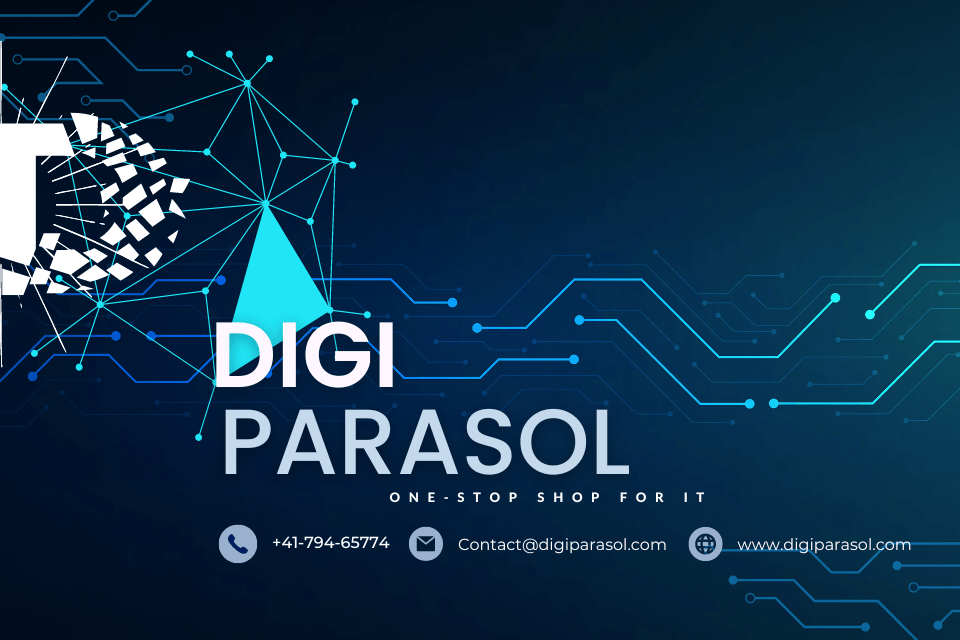Improving Student Support Services with AI
In recent years, artificial intelligence (AI) has emerged as a game-changer in various industries, including education. AI has the potential to revolutionize the way students learn and receive support services. One area where AI can make a significant impact is in student support services. By leveraging the power of AI, educational institutions can provide personalized and efficient support to students, helping them succeed academically and emotionally. In this article, we will explore how AI can be used to improve student support services and enhance the overall educational experience.
The Importance of Student Support Services
Student support services play a crucial role in ensuring the overall well-being and success of students. These services encompass a broad range of support mechanisms, including academic advising, counseling, career services, and disability support. By providing students with the necessary resources and guidance, educational institutions can help them navigate challenges, overcome obstacles, and achieve their academic and personal goals.
However, traditional student support services are often limited by resource constraints, lack of personalized attention, and inefficiencies in service delivery. This can result in students not receiving the support they need in a timely and effective manner, leading to negative outcomes such as poor academic performance, increased dropout rates, and mental health issues.
AI-powered Student Support Services
AI has the potential to transform student support services by providing personalized and efficient support to students. By leveraging AI technologies such as machine learning, natural language processing, and predictive analytics, educational institutions can develop intelligent systems that can assist students in a variety of ways. These AI-powered systems can analyze vast amounts of data, identify patterns and trends, and provide actionable insights that can help students make informed decisions and achieve their goals.
One of the key benefits of using AI in student support services is the ability to personalize support for each student. AI systems can analyze students’ academic performance, learning styles, interests, and preferences to tailor support services to meet their individual needs. For example, AI-powered academic advisors can recommend courses, study strategies, and resources based on students’ strengths and weaknesses, helping them succeed in their coursework.
AI can also enhance the efficiency and effectiveness of student support services. By automating routine tasks and processes, AI systems can free up human resources to focus on higher-level tasks that require human judgment and creativity. For example, AI-powered chatbots can provide instant responses to common student queries, such as course registration, financial aid, and campus resources, reducing the response time and improving the overall student experience.
Moreover, AI can help educational institutions identify at-risk students and provide targeted support to prevent them from dropping out. By analyzing students’ academic performance, attendance records, and social interactions, AI systems can identify early warning signs of academic distress and alert advisors or counselors to intervene proactively. This can help institutions reduce dropout rates and improve student retention rates.
AI can also be used to provide emotional support to students. Chatbots and virtual agents equipped with emotional intelligence can engage in conversations with students, offering support, empathy, and guidance on mental health issues. By providing a non-judgmental space for students to express their feelings and concerns, AI-powered systems can help reduce the stigma associated with seeking mental health support and encourage students to seek help when needed.
Challenges of Implementing AI in Student Support Services
While AI holds great promise for improving student support services, its implementation also presents challenges that educational institutions need to address. One of the key challenges is ensuring the ethical use of AI in student support services. AI systems must be designed and implemented in a way that respects students’ privacy, autonomy, and agency. Institutions must be transparent about how data is collected, stored, and used by AI systems and ensure that students have control over their personal information.
Another challenge is the need for continuous training and professional development for staff members who will be working with AI-powered systems. Educational institutions must provide training programs to equip staff with the necessary skills and knowledge to effectively use AI technologies in their work. This includes training in data literacy, AI ethics, and cultural competence to ensure that AI systems are used in a responsible and equitable manner.
Furthermore, educational institutions must address concerns about the potential bias and discrimination in AI algorithms. AI systems are only as good as the data they are trained on, and if the data contains biases or stereotypes, AI systems can perpetuate and amplify these biases. Institutions must employ mechanisms to identify and mitigate bias in AI algorithms to ensure fair and equitable outcomes for all students.
Conclusion
AI has the potential to revolutionize student support services and enhance the overall educational experience for students. By leveraging AI technologies, educational institutions can provide personalized, efficient, and effective support to students, helping them succeed academically and emotionally. AI-powered systems can analyze vast amounts of data, identify patterns and trends, and provide actionable insights that can help students make informed decisions and achieve their goals.
However, the implementation of AI in student support services also presents challenges that institutions must address. Ethical use of AI, continuous training for staff, and mitigation of bias in AI algorithms are crucial considerations for ensuring that AI systems benefit students in a responsible and equitable manner.
In conclusion, AI has the potential to transform student support services and improve student outcomes. By embracing AI technologies and addressing the challenges of implementation, educational institutions can provide personalized, efficient, and effective support to students, helping them thrive academically and emotionally.

